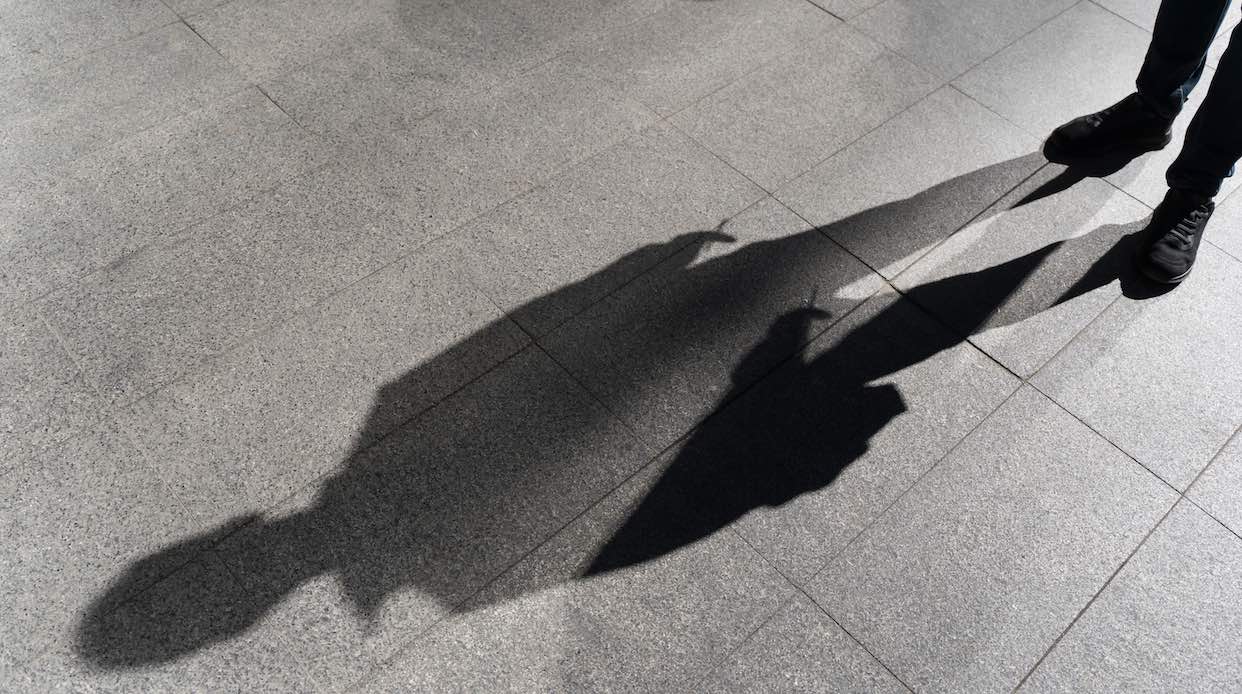
The spaciousness, where introverts find strength within.
Introverts—the quiet majority—remind us that not everyone experiences community the same way. Some of us lean into the joy of being surrounded by people. Others find that same closeness overwhelming. Both are true. Both are human. And both belong in the circle.
One reader put it with striking honesty after encountering Spiritual Seniors:
“Could be exactly what I need—but when I imagine being surrounded by people within a community, [it] freaks me out with feelings of anxiety and claustrophobia! I’m somewhat of an introvert… I enjoy being around others but I also like my solitude. And I have a hard time fitting in with people treating the introvert in me like a condition that needs a solution.”
His words may speak for more people than we realize. Our culture often frames extroversion as the norm and introversion as a problem to fix. If you love solitude, if you prefer smaller groups, if you step back rather than lean in—it can feel like something is “wrong.” But there is nothing broken here. There is simply another way of being.
He continues:
“I don’t feel that it’s a problem that needs to be solved. And some people can be defensive and are not so accepting of someone who is not so sociably inclined. I am a bit of an empath and I have a tendency to tense up when in the cluster of emotions within a group of unfamiliar people.”
There is so much wisdom in this. For some, the energy of a group fuels them. For others—especially those who feel deeply, or who sense the emotions of others as if they were their own—that same setting can be draining. It is not weakness. It is sensitivity. It is awareness. It is empathy at work. And like any gift, it needs tending.
One of the quiet secrets of aging is learning to stop apologizing for what we need. For those of us who are introverts or empaths, this may mean giving ourselves permission to say no to the large group, while saying yes to the conversation that nourishes us. It may mean recognizing that solitude is not the opposite of belonging—it is one of its rhythms.
The circle we create here is not about crowding people together. It’s about widening the table enough that every temperament, every pace, every way of being can take a seat. For some, that will mean finding joy in a group discussion. For others, it will mean reflecting quietly and joining in only when the moment feels right. Both are part of community. Both are ways of belonging.
Consider the numbers: estimates often place introverts between one-third and nearly one-half of the population (see Susan Cain’s Quiet). And most people don’t live at the extremes; many are ambiverts who shift with context (see Scientific American). Which means “belonging differently” isn’t fringe—it’s surprisingly common.
So perhaps the question is not whether you belong at all, but how you belong—in your own way, at your own pace. Belonging differently is not less; it’s simply normal. The circle is spacious enough for that, too.
Question for Reflection
How do you balance your need for connection with your need for solitude? We invite you to share in the comments section below.
Related spiritual themes: acceptance, community, compassion, solitude





Jane Kelly September 26, 2025
This is a great article. I appreciated input from the writer. I sometimes struggle with determining whether or not to join other groups for many of the same reasons the writer lists.
I used to believe that I was an extrovert but in the last 10 years I’ve become less and less interested in being around large groups of people. Mainly because I too find it is overwhelming, and I also am an empath.
I do have several groups that I belong to and that are small in size and they are made up of people with similar interests. I find this very nourishing and not overwhelming.
I have to remind myself of these things and remember that while others may want to belong to every group out there I have to be very selective.
Namaskaram
Connie September 26, 2025
Such a critically important point in a world that seems to put a higher value on extraversion. I also am more comfortable in smaller groups made up of people with similar interests. Lovely to feel validated! Thank you.
Terry Goodger September 26, 2025
Most definitely, I am an introvert and can easily be overwhelmed by the emotions in a room/group. I would love to be part of a “community” but it is very challenging and can generate a good bit of anxiety.
I have found I can be involved in task related activities with smaller groups. I was involved for many years with disaster recovery, rebuilding home damaged by natural disasters. This activity gave me purpose and a community connection where I could participate but not be responsible for carrying conversations. I relocated and have not found my new niche but am looking.